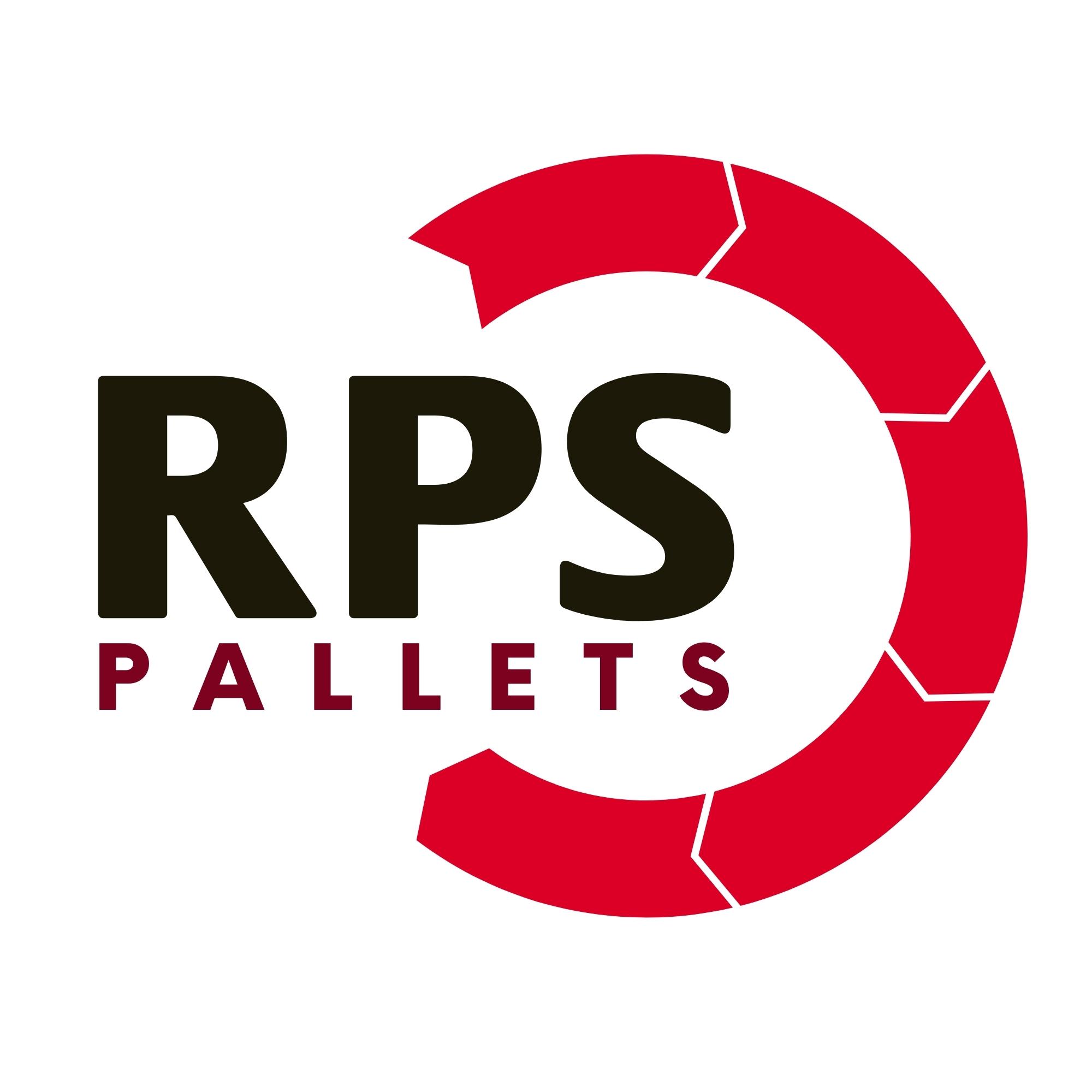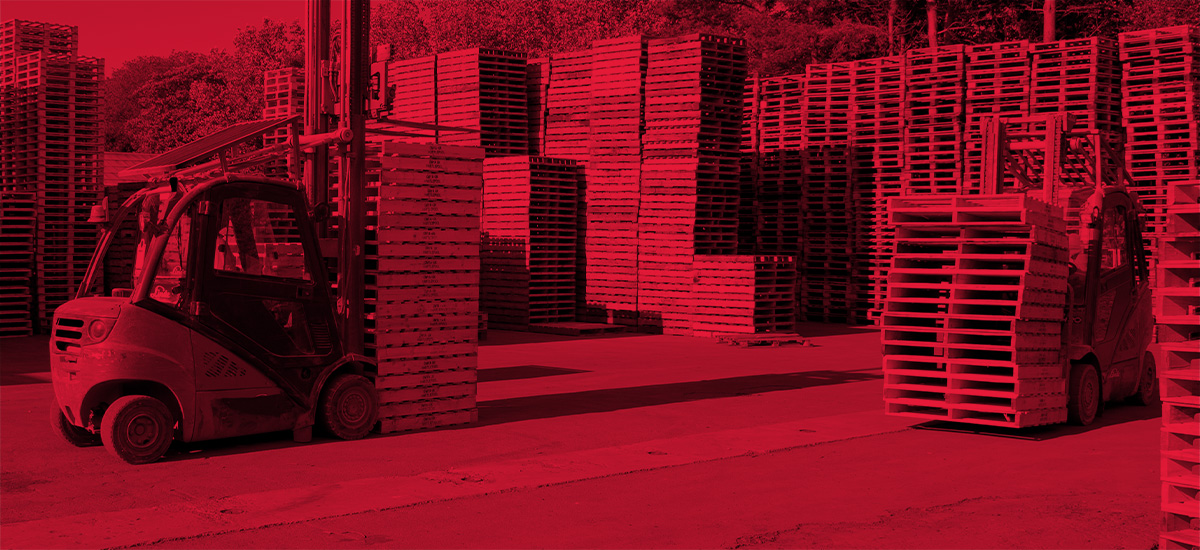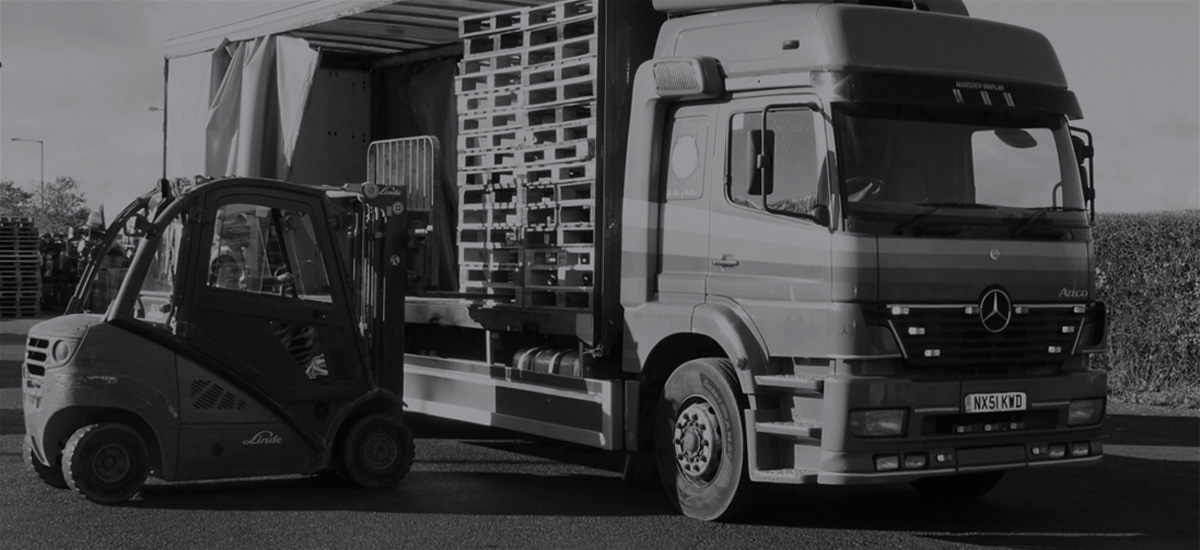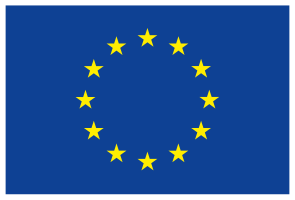The environment is high on the Government’s agenda and with a new plastic packaging tax set to be introduced in April 2022, they are now urging businesses to be more responsible with their materials and encourage more sustainable processes.
Since the announcement, manufacturers across the world have been working towards the new target of using 30 per cent recycled material in packaging to become more environmentally friendly.
The new tax will impact UK producers, importers and consumers who buy goods in plastic packaging through the introduction of a £200 fee per tonne that doesn’t contain 30 per cent recycled plastic.
Thomas Hudson, the Commercial Director of RPS, said: “The tax is a great way to focus on recycling and make sure we concentrate on reducing the impact of using new materials.
“There are plenty of packaging materials out there which are currently being disposed of, but they can be reworked to create new items.”
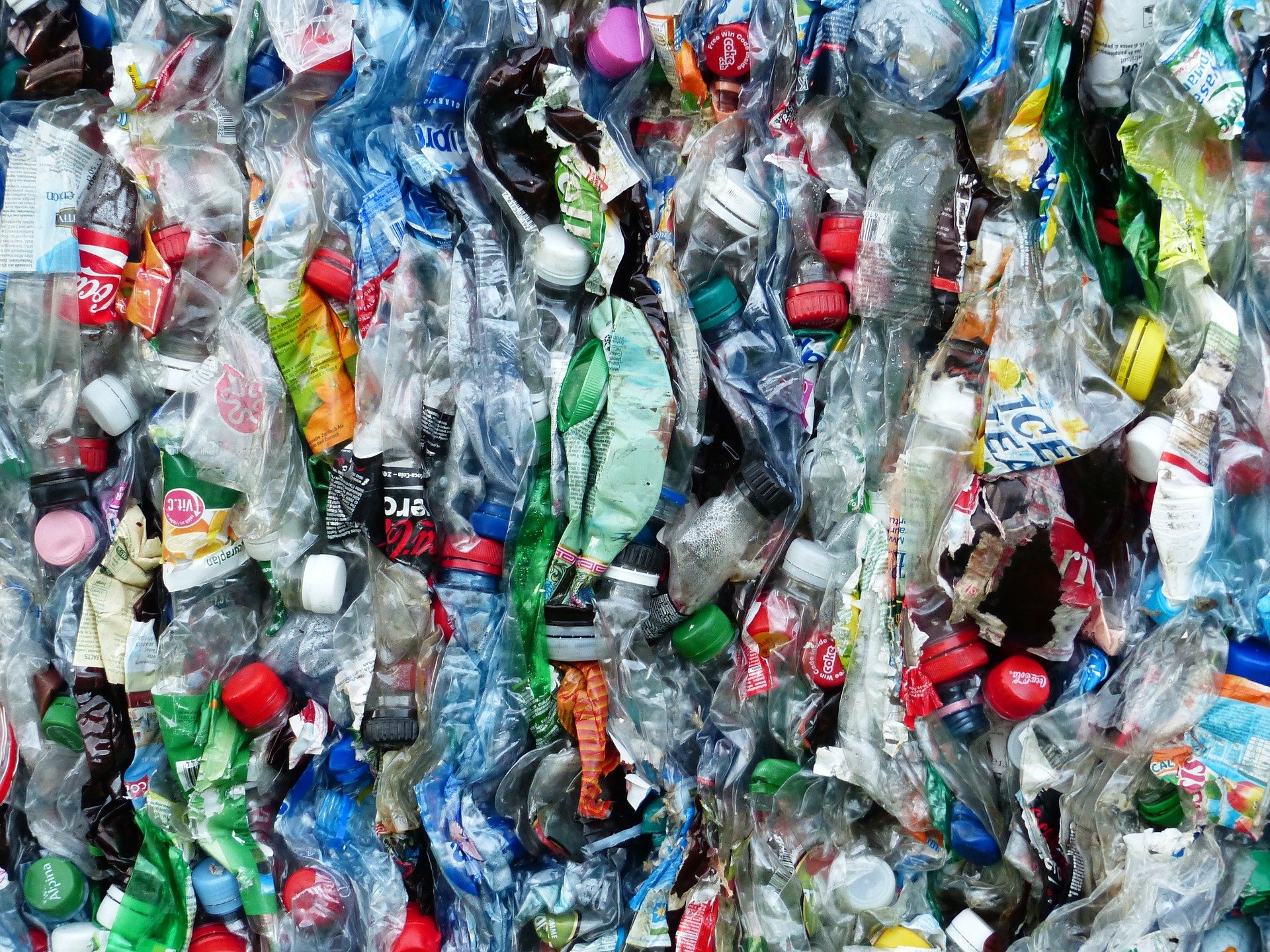
One well-known company that has been going above and beyond to create more sustainable packaging is Coca-Cola, which has recently announced the switch to rPET bottles in America after success at its Norway and Netherlands plants. The new packaging will reduce the use of plastic by more than 20 per cent compared to 2018, with bottles becoming 100 per cent recyclable. Additionally, Coca-Cola will also change all Sprite packaging to clear bottles, making them easier to be recycled by users.
Also following suit with adapted plastic bottles is Seymourpowell, which has renovated its Ribena core product range. The new design has modernised the shape on the bottle and reduced the sleeve by over 50 per cent, meaning the bottle can be recycled with the cap and sleeve still attached.
Furthermore in December, PepsiCo announced its pledge to switch to 100 per cent rPET bottles by 2022 and has saved 70,000 tonnes of plastic.
Thomas continued: “The objectives of conglomerates to use a larger volume of recycled plastic in their new packaging, above the 30 per cent requirement, demonstrates that there is a focus on adapting packaging to become more environmentally sustainable.”
Laundry detergent brand Persil has turned its factories green by announcing it only sends non-hazardous waste to landfill. The brand has significantly reduced its energy, water consumption and carbon emissions since 2011 and is continuing to work its way towards its target of making all packaging 100 per cent recyclable.
We are enjoying watching well-known companies like the above, set an example and lead the way in becoming more environmentally friendly and helping the planet.
However, Thomas says there are a few exclusions that should be made to the upcoming legislation. “There needs to be an exception to the rule with industrial transit packaging, such as IBCs (Intermediate Bulk Containers).
“Existing legislation states that IBCs, particularly when transporting dangerous goods, should not contain recycled material. The reuse of an IBC is far more environmentally sustainable than recycling and therefore some credence to reuse needs to be considered to ensure we’re not losing sight of which options provide the best environmental outcome.”
Do you know of any other companies that are taking a step in the right direction? Let us know by tweeting us at @RPS_Limited.
